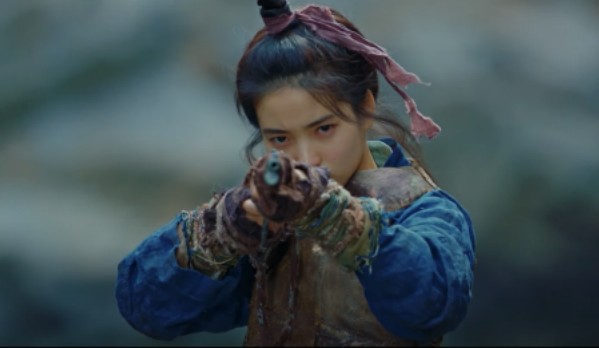“When I was your age…” These days, if someone starts their sentence with this phrase, Generation Zs – “the 72 million people born between 1997 and 2012” (Insider Intelligence) – often try to avoid that person, being annoyed by hearing about the past days. As you can know in this situation, it is apparent that younger generations consider the history and past events tedious and uninteresting. If you are the one who is dozing off when your grandparents are telling their past lives, you might be able to get along with them by watching the list of recommended movies here.
Assassination
Assassination is a Korean movie set during the Japanese colonial period in Korea. Co-written and directed by Choi Dong-hoon, this film was based on the true story of when Korean independence activist Kim Won-bong planned and strategized to assassinate Ugaki Kazushige, the general of the Japanese Government-General of Korea, in March 1932 (Wikipedia). This movie stresses the importance and role of Kim Won-bong, who is underrated due to his belief in communism. The movie is highly valued not only because of the emphasis on unknown independence activists, but also due to the powerful female lead character that breaks the wall of gender biases.
Mr. Sunshine
Mr. Sunshine is a Korean drama/television series that consists of 24 episodes in total. Although this series is a historical fiction unlike the movie Assassination, it realistically demonstrates and mimics the twentieth century in Korea. This series has been loved by many people since it depicts and conveys true love without directly expressing strong emotions (Cabahug). Some critics criticize this series saying that it is too much focused on the love story, but if you are a person who would like to enjoy the unique and artistic vibe during this period, this series is for you.
Ode to My Father
Ode to My Father is a film released in 2014 by director Yoon Je-kyoon (Wikipedia). The main story begins with the flashback of one old man named Deoksu who reminisces about his childhood days when he was taking refuge with his family during the Korean War. This movie vividly illustrates the Korean people’s lives by showing people going to Germany as nurses and mine workers to earn foreign currency in Korea and to Vietnam to assist South Vietnam during the Vietnam War. The audience can easily sympathize and concentrate on the movie as it focuses on a single character while indirectly showing the history of Korea after the Korean War.
By: Jieun Kim


